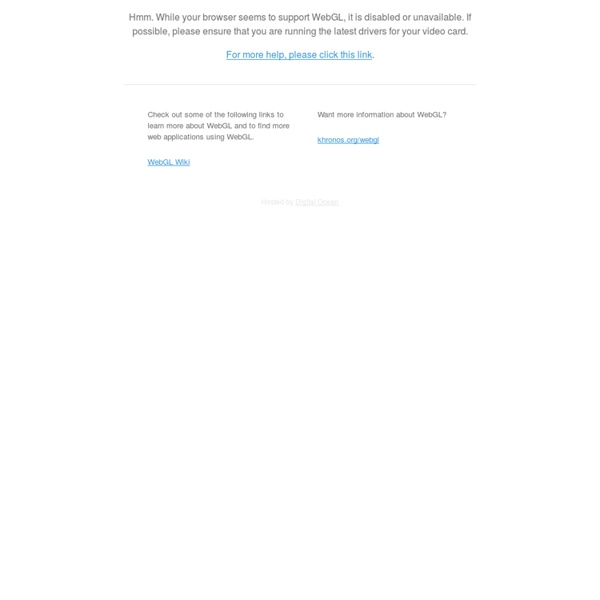



OASIS Open textbooks mega sites | Open Educational Resources (OER) The links below are OER mega sites that offer books as well as other teaching tools. Assayer – Largest catalogue of open sources textbooks. Also is a good place to find free books about math, science and computers. AU Press – Athabasca University Press – free pdf and low cost print version of mainly Canadian books. BC Campus OER – BC Campus open movement including textbooks. BCcampus SOL*R-Shareable Online Learning Resources – Shareable, browseable and searchable open resources Boundless – high quality content and resources build by a community of educators and experts. College Open Textbooks – Lists open textbooks by subjects, many of which are peer reviewed. Community College Consortium for Open Educational Resources – Advocacy, training, and links to college level open textbooks and other courseware. Connexions – Content Commons of free, open-licensed educational materials in fields such as music, electrical engineering and psychology.
Open Textbook Library: Tools for Podcasting Jill Olmstead's book included both a breadth and depth of material about the audio podcasting process. The book explains the history and current state of podcasting. It goes on to describes step by step how to make podcasts from initial ideas through production, editing, and dissemination. The book presented very accurate information in an accessible way. Current students are very attuned to podcasts. The book was clearly written. The book lays out terminology very clearly, even for beginners. The book divided podcasting into four clear subsections: 1) laying out the history of podcasting; 2) guiding students toward initial ideas for podcasts; 3) discussing how students can craft a narrative story that appeals to an audience; 4) describing recording, editing, and publishing of podcasts. The organization of the book is excellent. The book is replete with easy to navigate links that both explain and reinforce the material presented.
OpenStax Gutenberg Jutoh Ebook Editor For Windows, Mac and Linux - Epub, Kindle books and more Top 10 Ebook Creator Tools | Thinkific Every entrepreneur and business owner should have an ebook in their back pocket. Nothing beats the credibility and authority of writing an ebook in your area of expertise. More readers than ever are choosing to consume their content online versus the traditional print option. However, writing the content is one thing and creating a visually appealing medium is another. But the options to do it yourself can be overwhelming. Before we jump into the list of creator tools, let’s make sure we’re familiar with the three common formats ebooks can come in. What is the best format for your ebook? There are three common types of ebook formats. PDF – Portable Document Format The PDF is the most common ebook format today by far. Authors who format their ebooks into PDFs have the ability to deliver their ebook however they please. ePub – ePublication The epub formatting is the golden standard of almost all e-readers like Amazon Kindle, Apple Books, and Google Books. Mobi – Mobipocket Reader Cost.